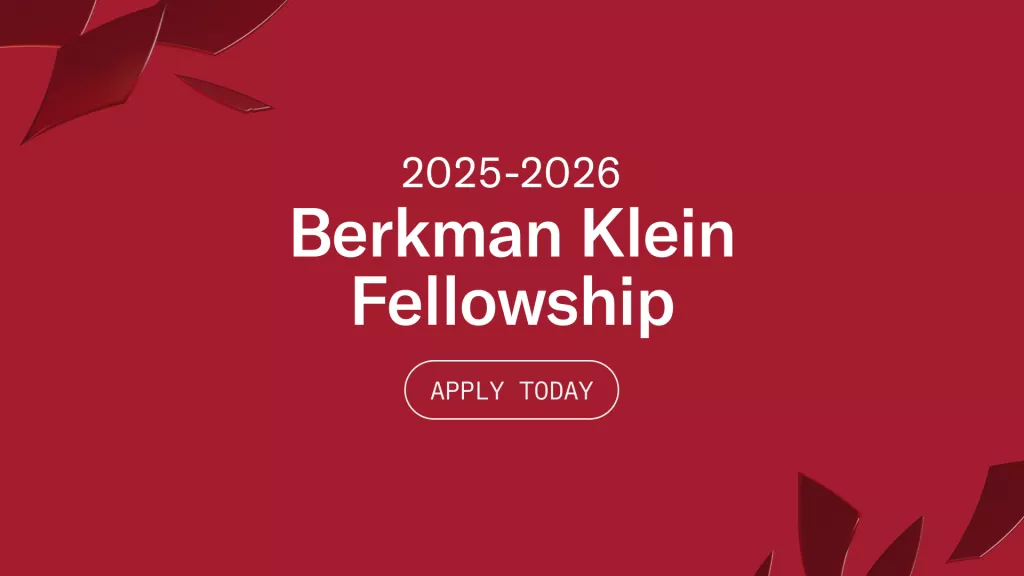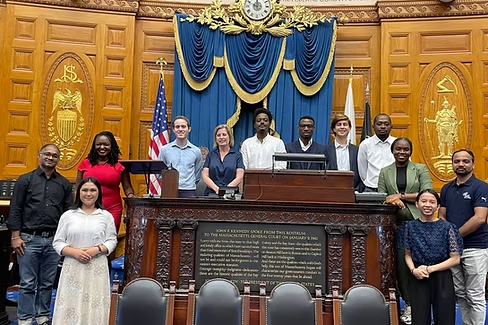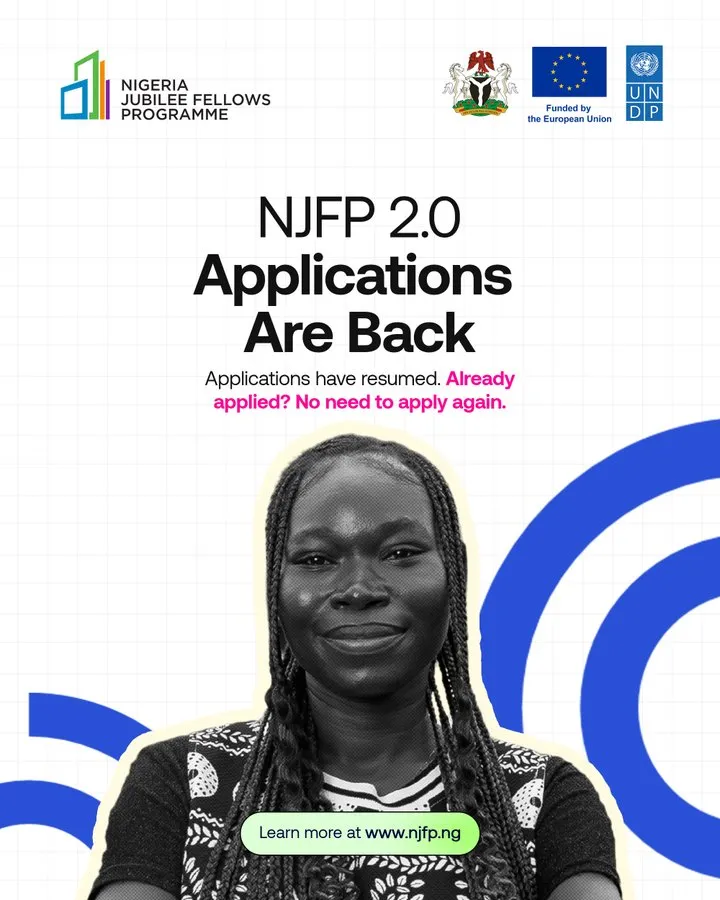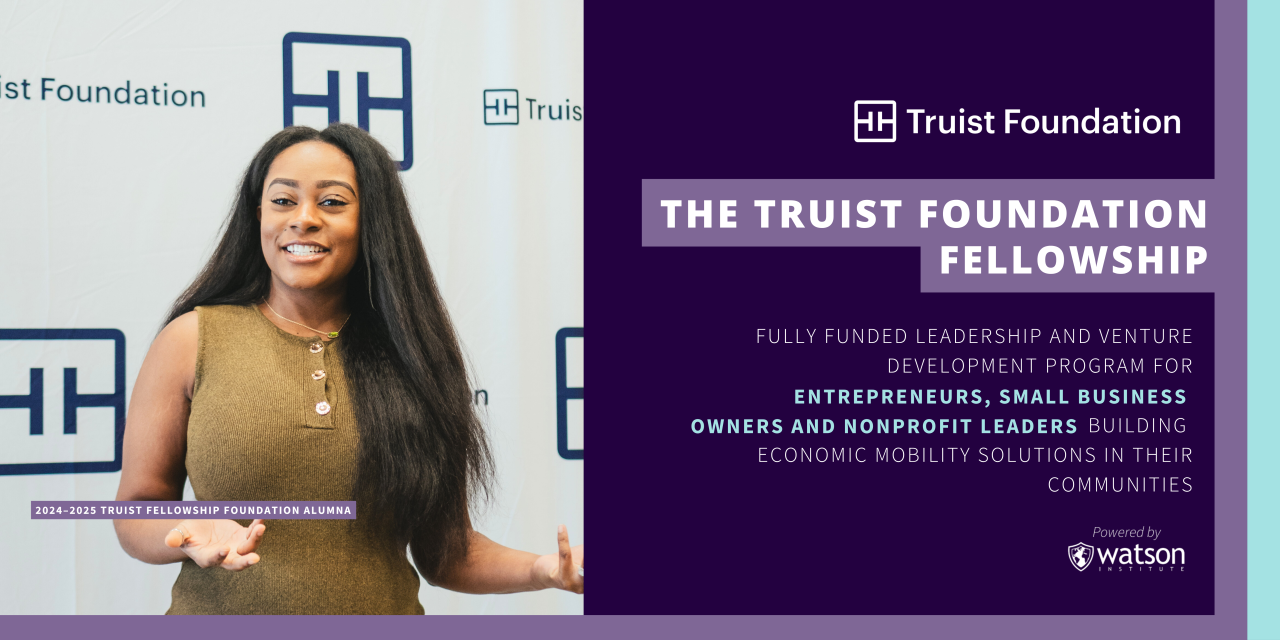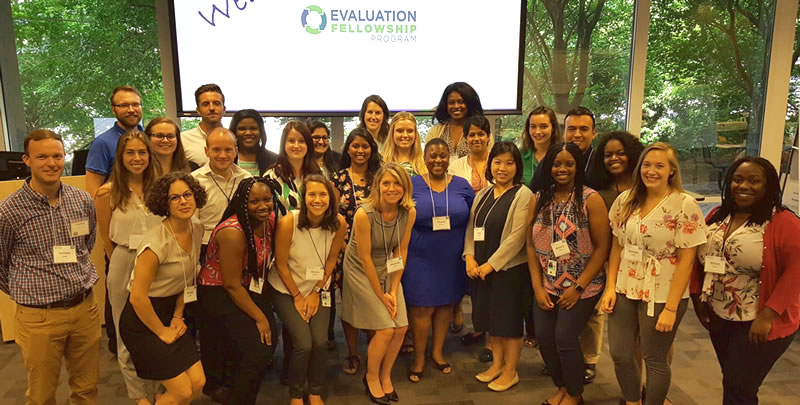Harvard University’s Fellowship Program 2025-2026 Berkman Klein Center for Internet & Society (BKC) is opening the doors to a transformative opportunity for researchers, technologists, policymakers, and public interest professionals around the globe. With its 2025–2026 Fellowship Program, the Center welcomes applications from individuals passionate about shaping the future of technology, ethics, society, and governance.
From AI ethics and AGI policy to university discourse and social media safety, BKC’s fellowship tracks are as timely as they are impactful. This year, Harvard is once again calling on bold thinkers to join them in Cambridge, Massachusetts, for a year of rigorous collaboration, innovation, and public scholarship.
And yes—there’s funding up to $75,000 on the table.
What is the BKC Fellowship Program?
Established over 25 years ago, the BKC Fellowship Program is unlike any other. While many academic fellowships rely heavily on traditional credentials, BKC evaluates the whole person—their ideas, purpose, and track record of contributing meaningfully to digital society.
With a community of over 500 past fellows influencing fields from academia to government and global tech, BKC has helped launch pioneering initiatives like Creative Commons, the Digital Public Library of America, and the Data Nutrition Project.
In the 2025-2026 academic year, BKC is revamping its approach to fellowships through focused workstreams, immersive collaboration, and real-world implementation.
Fellowship Tracks Available
Applicants can apply under one of three distinct tracks:
- Academic Fellowships: For full-time professors and faculty members.
- Post-doctoral Fellowships: For recent PhDs or terminal degree holders.
- Non-Academic Fellowships: For practitioners from policy, law, technology, journalism, design, or advocacy.
Each track brings diverse perspectives to a shared table—and that’s by design. BKC thrives on interdisciplinary fusion.
Explore the 2025–2026 Fellowship Workstreams
Selected fellows will embed within one of six cutting-edge workstreams led by Harvard faculty. These are not vague, ivory-tower topics—they’re timely, challenging, and grounded in real-world implications:
- AI Interpretability Ethics and Implications
- AI Ethics with the Allen Lab for Democracy Renovation
- Agentic AI Protocols and Risk Mitigations
- Artificial General Intelligence Future Casting and Policy Development
- Tech, Tools, and Practices for Improving University Discourse
- Safety Solutions for Social Media
Fellows will help shape the projects within their chosen stream during a fall planning process, engaging in group strategy, development, and implementation.
A Fellowship Built on Collaboration
At BKC, you’re not siloed. You’re integrated into a mission-driven cohort where collaboration is the norm. Fellows co-create events, build tools, produce white papers, convene cross-sectoral stakeholders, and much more.
Here’s what this looks like in practice:
- Organizing a conference for trust and safety workers.
- Hosting policy workshops with regulators, creators, and platform leaders.
- Prototyping digital tools with interdisciplinary teams.
Who Should Apply?
Academic Track: Professors with deep expertise in AI, social media, or digital society, with published work and a desire to lead within a collaborative community.
Post-doc Track: Recent or soon-to-be PhDs with a clear research agenda and interest in applied, high-impact digital policy or innovation.
Non-Academic Track: Policy advocates, journalists, technologists, designers, or other professionals whose work critically engages with digital topics and who seek to build something new alongside peers.
International applicants are encouraged and supported through visa sponsorship via Harvard’s International Office.
Time Commitment and Location
- Fellowship dates: September 1, 2025 – August 31, 2026
- Residency requirement: Fellows must live and work in Cambridge, MA from September through May
- Fellows are expected to commit fully to the program, although accommodations may be made for externally funded scholars.
Fellowship Support and Stipends
BKC offers two funding pathways:
- Fellowship Funding: Up to $75,000 for those without institutional or external support
- External Funding Applicants: Eligible for an additional $10,000 stipend
Fellows also gain access to:
- Harvard libraries, health insurance (eligibility-based), and shared workspace
- Opportunities to audit classes across Harvard (with permission)
- Potential teaching roles (case-by-case, arranged independently)
Application Process: What You Need to Apply
Applications are due Wednesday, April 30, 2025, at 11:59 PM ET. Here’s what you’ll need to submit:
- Curriculum Vitae (CV)
- 1–2 page cover letter: Indicate your selected workstream and interest
- 2–3 page project proposal: Share a past project summary or new project concept
- 1–3 work samples (PDFs only, max 5MB each)
- Optional: Two letters of recommendation (requested at the interview stage)
Fellows will also be asked to complete a detailed application form, including questions about funding needs, location commitment, discipline, and prior BKC involvement.
👉 Apply Here for the 2025–2026 BKC Fellowship
Selection Criteria
Strong applicants will:
- Demonstrate deep knowledge in their field
- Show collaborative spirit and openness to interdisciplinary work
- Exhibit a commitment to public impact and real-world relevance
- Offer innovative ideas or approaches to digital challenges
- Be ready to participate fully in the BKC community
BKC’s Commitment to Equity and Inclusion
BKC and Harvard Law School affirm a strong Notice of Nondiscrimination. Fellowship selection does not consider race, gender, national origin, political belief, sexual orientation, or disability. The Center prioritizes creating a respectful, inclusive, and vibrant learning and working environment for all.
